The UK is set to enforce a ban on Kremlin-linked Russian oligarchs as part of new sanctions marking three years since Russia’s invasion of Ukraine. These restrictions will prevent entry into Britain for Russian political figures, as well as executives from major companies, expanding on existing travel bans targeting individuals like Roman Abramovich.
According to the government, these measures strengthen current sanctions against Russian elites who support Vladimir Putin’s war efforts. Security Minister Dan Jarvis made it clear that those backing Putin’s regime are unwelcome in the UK. He stated that the new sanctions effectively shut the door on oligarchs who have amassed wealth at the expense of the Russian people while financing an illegal war.
Defence Secretary John Healey emphasized the importance of maintaining Ukrainian resilience both on the battlefield and at any potential peace negotiations, underlining the UK's commitment to countering Russian aggression.
The announcement comes just before Prime Minister Sir Keir Starmer’s scheduled visit to Washington, where he will discuss the Ukraine conflict with Donald Trump. Meanwhile, French President Emmanuel Macron is set to visit the White House on Monday. Downing Street confirmed that Starmer and Macron are aligned in demonstrating united leadership in support of Kyiv.
Speaking at the Scottish Labour conference in Glasgow, Starmer reaffirmed that Ukraine’s future must be determined by its own people. He stressed that while no one wants the bloodshed to continue, there can be no decisions about Ukraine without Ukrainian involvement.
Starmer also faces calls to commit to increasing UK defence spending to 2.5% of GDP amid US expectations that Europe should take on a greater share of security responsibilities. Both European leaders are expected to urge Trump not to push for a rushed ceasefire with Putin and to ensure Europe remains engaged in the process. They will also discuss military guarantees for Ukraine.
Meanwhile, Ukrainian President Volodymyr Zelensky expressed willingness to step down if it would secure peace for his country. Speaking at a forum in Kyiv, he stated that he would be ready to leave office if it ensured Ukraine’s security and NATO membership. However, he clarified that his focus is on immediate security concerns rather than long-term political power.
Zelensky’s remarks follow Trump’s criticism, in which he labeled the Ukrainian leader a “dictator” for not holding elections—currently prohibited under Ukraine’s martial law.
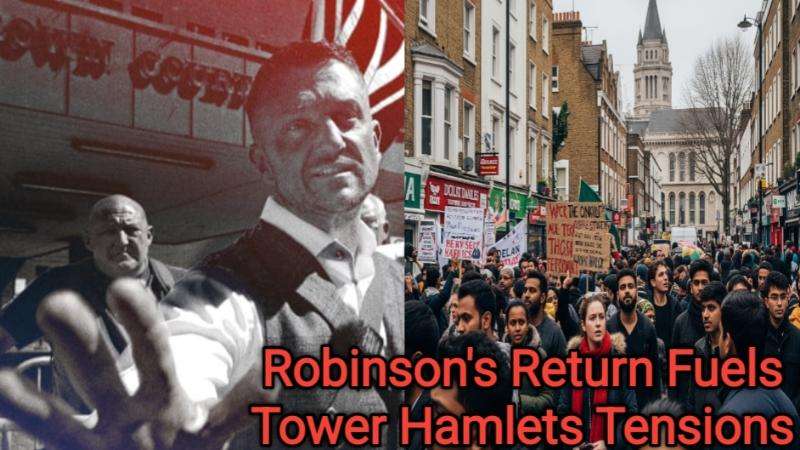
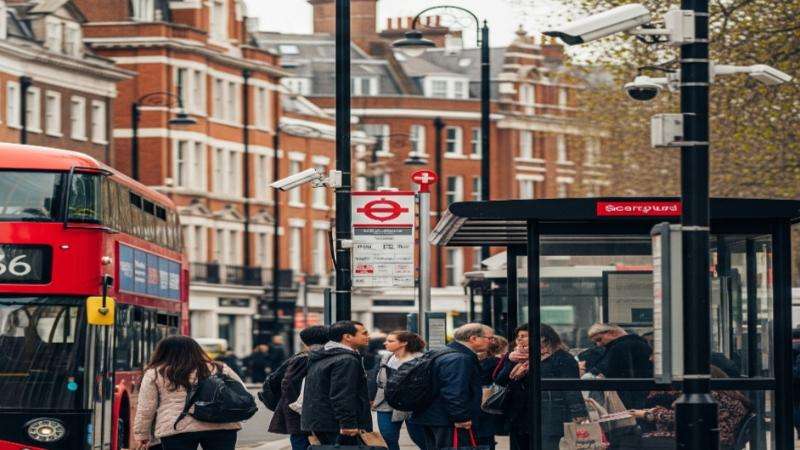
_4.jpg)
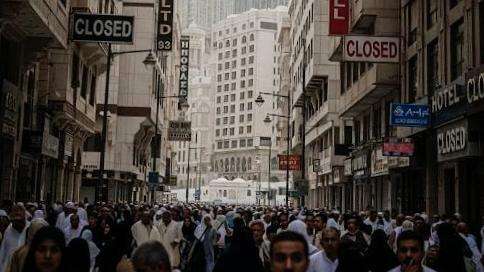
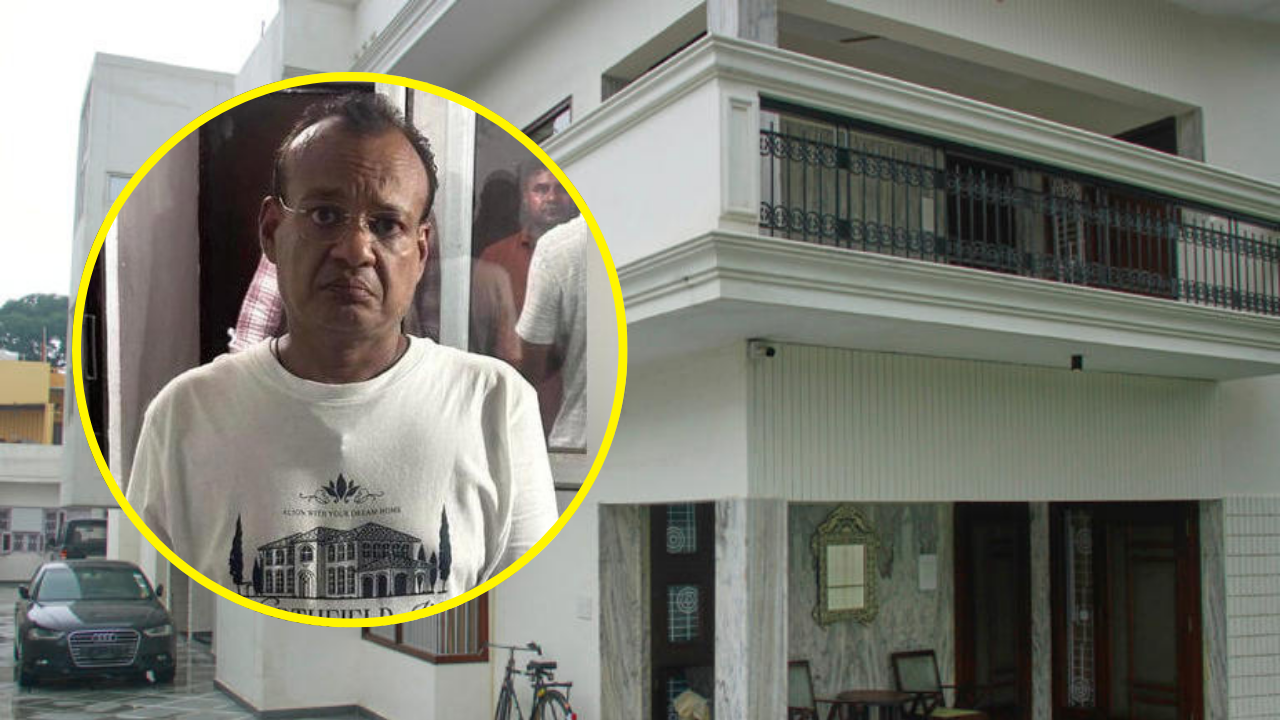


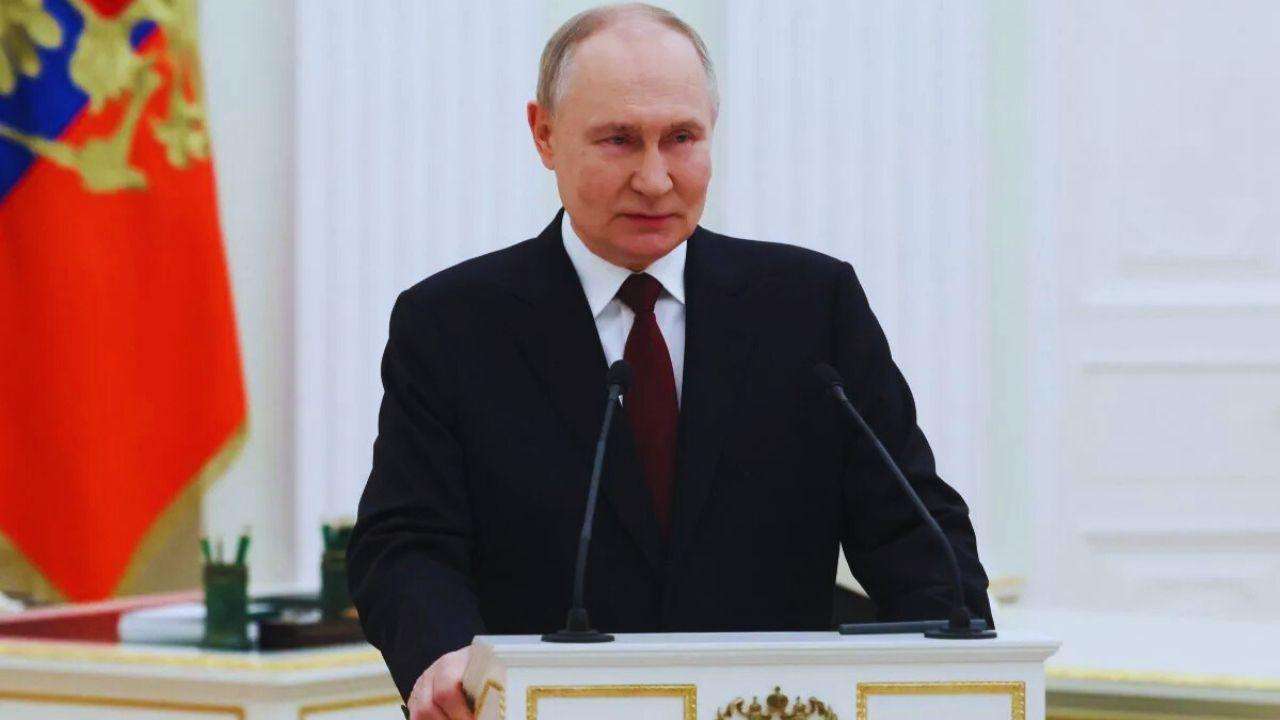
.svg)


_5.jpg)